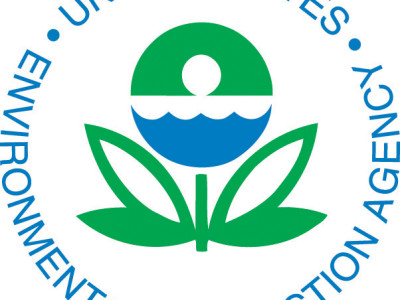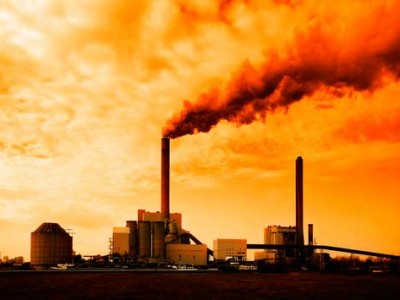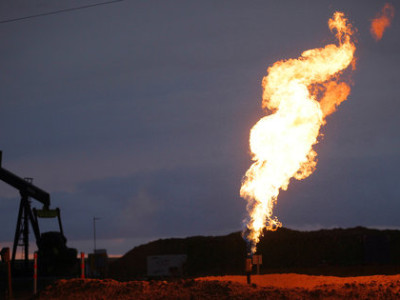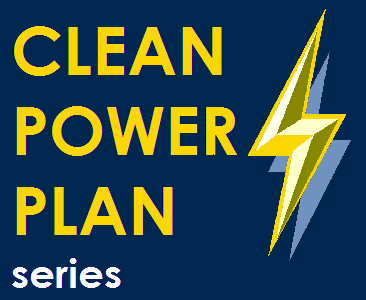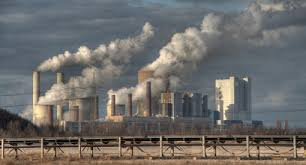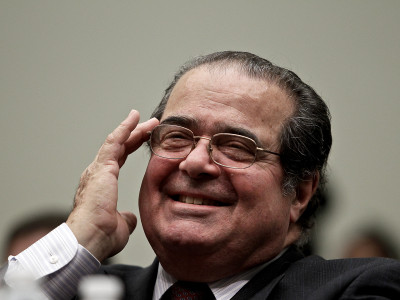EPA
Want an Economy-Wide Cap on U.S. Climate Emissions? Consider This Corner of the Clean Air Act
New report on Section 115 of the Act suggests an interesting post-Paris approach
A largely-untapped provision of the Clean Air Act authorizes the U.S. Environmental Protection Agency to develop and implement an economy-wide, market-based program to reduce domestic greenhouse gas emissions and achieve the Obama Administration’s Paris Agreement pledge, according to a report released today by several coordinating law school centers, including the Emmett Institute at UCLA. See …
CONTINUE READINGGuest Blogger Kate Konschnik: The Debate about EPA’s Authority to Regulate Carbon Pollution is a Lot of Things – But Not These Things
Kate Konschnik is the Director of Harvard Law School’s Environmental Policy Initiative. The views expressed in this blog post are her own.
Clean Power Plan challengers have asked the D.C. Circuit to stay the rule pending litigation. Today, industry and environmental groups supporting EPA will file their oppositions to this request. The stay motions included the charge that EPA may not use Section 111(d) at all to curb pollution from existing power plants. Dan Farber and I …
CONTINUE READING“Necessary and Appropriate”
EPA has now formally proposed its response to the Supreme Court’s opinion in Michigan v. EPA
Although the Paris talks are justifiably getting the lion’s share of the attention, there have been other significant environmental actions recently. One of those involves the EPA’s effort to reduce toxic emissions from power plants (particularly coal-fired plants). The Clean Air Act gives special treatment to toxic emissions from power plants. Other sources are regulated …
Continue reading ““Necessary and Appropriate””
CONTINUE READINGGaping Hole in EPA’s Methane Rules
Why don’t EPA’s proposed rules to reduce methane emissions apply to existing oil and gas facilities?
In August, EPA released proposed rules to reduce fugitive methane and VOC emissions from oil and gas operations. While this is a significant action in the fight against climate change, and much needed in light of the shale-driven national drilling renaissance, there is a gaping hole in the methane rules that has environmentalists worried — …
Continue reading “Gaping Hole in EPA’s Methane Rules”
CONTINUE READINGExploring Potential Challenges to EPA’s New Source Performance Standard: PART III
CCS for coal power plants, but not natural-gas power plants?
This post is the third in a mini-series (see first and second posts) exploring likely legal challenges to the New Source Performance Standard (NSPS) for power-plant greenhouse gas emissions under Clean Air Act § 111(b), and how those challenges might affect the Clean Power Plan. In my first post on EPA’s New Source Performance Standard …
Continue reading “Exploring Potential Challenges to EPA’s New Source Performance Standard: PART III”
CONTINUE READINGIs CCS the “best” system of emission reduction for coal-fired power plants?
Exploring Potential Challenges to EPA’s New Source Performance Standard: PART II
This post is the second in a mini-series (see first post) exploring likely legal challenges to the New Source Performance Standard (NSPS) for power-plant greenhouse gas emissions under Clean Air Act § 111(b), and how those challenges might affect the Clean Power Plan. In my first post on EPA’s New Source Performance Standard (NSPS) for …
Continue reading “Is CCS the “best” system of emission reduction for coal-fired power plants?”
CONTINUE READINGIs Carbon Capture & Sequestration (CCS) the Biggest Threat to the Clean Power Plan?
Exploring potential challenges to EPA’s New Source Performance Standard: PART I
This post is the first in a mini-series exploring likely legal challenges to EPA’s New Source Performance Standard (NSPS) for power-plant greenhouse gas emissions under Clean Air Act § 111(b), and how those challenges might affect the Clean Power Plan. I will leave detailed exploration of the Clean Power Plan for later posts, but suffice …
CONTINUE READINGWhy legal challenges to the EPA Clean Power Plan will end up at the Supreme Court
Cross-posted from The Conversation. Even before President Obama announced the Environmental Protection Agency’s (EPA) Clean Power Plan on August 3 to regulate carbon emissions from power plants, there were a number of legal challenges to block the law at its proposal stage – none of them successful. Earlier this year, the DC Circuit Court told …
Continue reading “Why legal challenges to the EPA Clean Power Plan will end up at the Supreme Court”
CONTINUE READINGMATS Rules Declared Invalid in Michigan v. EPA, 5-4
Opinion by Scalia Based on Meaning of “Appropriate”
The U.S. Supreme Court today struck down EPA’s rules governing toxic emissions from power plants. My first take on the opinion, by Justice Scalia, is that while the outcome is bad for the agency, the reasoning appears not to be a radical departure from existing doctrine, with one worrisome tidbit thrown in. Justice Scalia used …
Continue reading “MATS Rules Declared Invalid in Michigan v. EPA, 5-4”
CONTINUE READINGWill Obama Get a Fourth Major Victory Tomorrow in Michigan v. EPA?
Decision Expected Tomorrow, Written by Someone Other than Scalia
Though the monumental decisions on health care and marriage equality are behind us, tomorrow remains another big day in the Supreme Court. Three cases remain undecided: Glossip v. Gross (whether Oklahoma’s execution methods are unconstitutional); Arizona State Legislature v. Arizona Independent Redistricting Commission (whether a state commission can draw Congressional electoral lines) and Michigan v. …
Continue reading “Will Obama Get a Fourth Major Victory Tomorrow in Michigan v. EPA?”
CONTINUE READING




